Edition 2023
The 10th edition of the Symposium took place 12–14 May 2023 at the Faculty of Biology University of Warsaw and online.
Keynote lectures
 |
Prof. Aleksandra Ziembińska-BuczyńskaDepartment of Environmental Biotechnology, Faculty of Power and Environmental Engineering, Silesian University of Technology, Gliwice (Poland) Lecture title: Microcosm of possibilities |
» show more info
Aleksandra Ziembińska-Buczyńska is a microbiologist, academic teacher, and science communicator. She works in the field of the biotechnological potential of bacterial communities in the natural and technological environment researched using molecular biology and classical microbiology approach. Her scientific interests include the usage of microorganisms in environmental bioremediation and biotechnological production, including industrially relevant bioproducts, green energy production and circular economy. Director of the Science Popularization Center SUT. Member of the Association of the Spokesmen of Science and Council for the Science Dissemination of the Polish Academy of Sciences. Awarded in FameLab Poland, as Popularizer of Science 2018 (the award of PAP Science in Poland and Polish Ministry of Education and Science) and with POPScience Award of Silesian Science Festival.
» hide bio
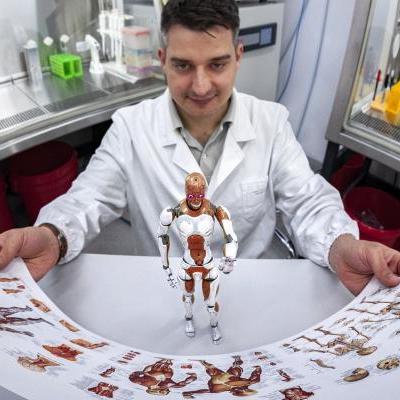 |
Dr. Marco CostantiniInstitute of Physical Chemistry, Polish Academy of Sciences, Warsaw (Poland) Lecture title: Digital manufacturing in biomedical research: a step towards engineering functional tissue and organ replicas in vitro |
» show more info
Marco Costantini holds a master’s degree in industrial chemistry and a PhD in chemical and processing engineering, both from La Sapienza the University of Rome. Currently, he is leading a multidisciplinary team working at the convergence of materials science, biology, and microfluidics at the Institute of Physical Chemistry Polish Academy of Sciences. His current research interests span from the development of digital manufacturing strategies for the synthesis of functionally graded porous materials with enhanced physicochemical properties to the invention of advanced strategies for in vitro modelling and in vivo repair of the musculoskeletal system.
» hide bio
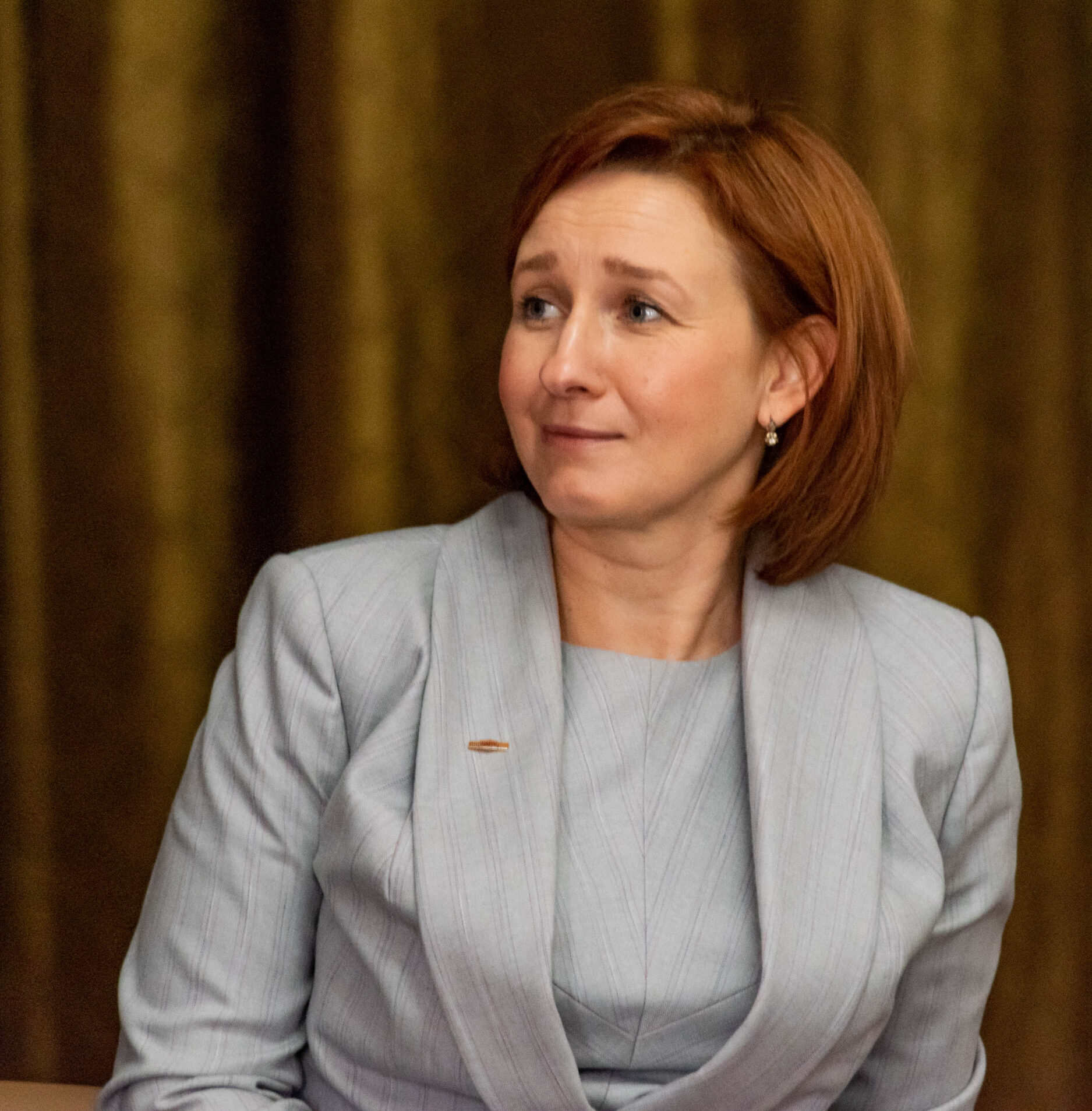 |
Prof. Ganna TolstanovaInstitute of High Technologies, Taras Shevchenko University of Kyiv (Ukraine) Lecture title: Gut microbiota and kidney stone disease: focus on oxalate-degrading microbiota |
» show more info
Professor Ganna Tolstanova is a highly accomplished physiologist and professor of biology, with expertise in studying the barrier function of the intestine in normal and pathological states. She obtained her PhD and DSc degrees from the Faculty of Biology at Taras Shevchenko National University of Kyiv, Ukraine, and has since received numerous grants for her research. Professor Tolstanova is an Associate Editor for Frontiers in Pharmacology and a member of the Editorial Board for Ukr. Biochem J. She is also co-chair of the Basic Gastroenterology Unit at the Ukrainian Association of Gastroenterologists. With over 100 academic publications and several supervised dissertations, Professor Tolstanova is a
respected and influential figure in her field. Her research aims to identify agents for correcting intestinal barrier function, and her work has contributed significantly to our understanding of this complex area of physiology. In addition to her impressive research credentials, Professor Ganna Tolstanova also holds a leadership role at Taras Shevchenko National University of Kyiv, where she serves as the Vice-rector for Research.
» hide bio
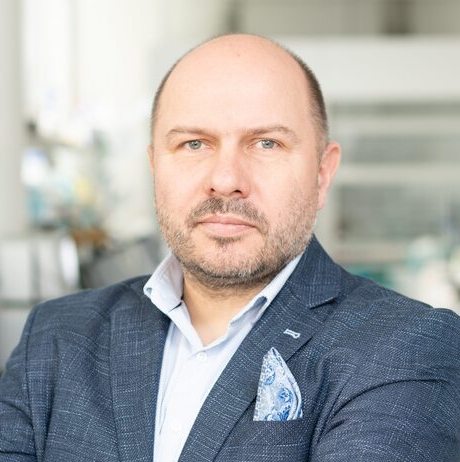 |
Prof. Jacek JemielityCentre of New Technologies, University of Warsaw (Poland) Lecture title: mRNA technology for therapeutic applications |
» show more info
Prof. Jacek Jemielity, a chemist specializing in bioorganic chemistry and biochemistry of nucleic acids, is the head of the Laboratory of Bioorganic Chemistry at the Center for New Technologies, University of Warsaw, and the co-founder of ExploRNA Therapeutics, a UW spin-off company focused on developing mRNA modification technologies and developing innovative mRNA-based therapies.
Professor is engaged in research on the synthesis, properties, and applications of chemically modified nucleotides. He develops methods to synthesize biologically important nucleotides and creates tools to modify nucleic acids useful in studies of genetic information expression and medical applications. He developed a method to obtain mRNA with properties necessary for therapeutic applications. His inventions are used in several clinical trials on cancer immunotherapy. One of these technologies involving mRNA modification is used by leaders in biotechnology industry companies such as BioNTech, Sanofi, Roche, and Pfizer in clinical trials for cancer vaccines. Professor has co-authored not only numerous scientific publications in peer-reviewed scientific journals but also 9 patents protecting his inventions almost worldwide. He is a winner of the President of Poland’s Economic Award in the “research + development” category (2017), and was nominated in the competition organized by the European Patent Office “European Inventor Award” 2018 in the category “Research”. Recently, in 2021, he also received the Foundation for Polish Science Prize in chemistry and materials sciences for developing chemical modifications of mRNA as tools for therapeutic applications and studies on cellular processes.
In his career, collaboration with talented young people fascinated by scientific research has always been very important, and we feel more than honoured to be given an opportunity to host Professor at our Symposium!
https://cent.uw.edu.pl/en/person/prof-jacek-jemielity/
» hide bio
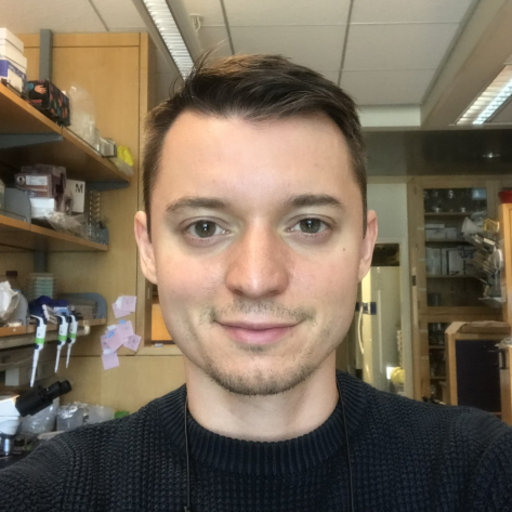 |
Dr Michał GabrukDepartment of Plant Physiology and Biochemistry, Faculty of Biochemistry, Biophysics and Biotechnology, Jagiellonian University, Kraków (Poland) Lecture title: “Photocatalytic enzyme that re-shapes lipid membranes – linking sequence to the properties with neural networks“ |
» show more info
Michał Gabruk is a biochemist and assistant professor at Jagiellonian University working on the regulatory network of chlorophyll biosynthesis in plants. He integrates molecular biology, state-of-the-art cryo-election microscopy techniques and computational approach to predict properties of the enzymes out of the sequence and model the cellular processes. His scientific interests include photocatalysis, the evolution of novel functions of enzymes and astrobiology.
» hide bio
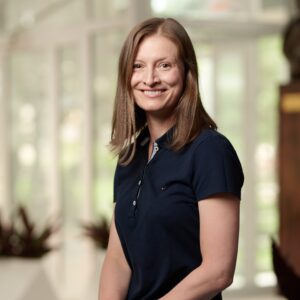 |
Dr. Alicja PuścianNencki Institute of Experimental Biology, Polish Academy of Sciences, Warszawa (Poland) Lecture title: How social groups shape individual behaviour – neural underpinnings of social bonding |
» show more info
Dr Alicja Puścian is a behavioural neurobiologist who focuses on the relationship between the brain and behaviour, particularly in the context of emotions, motivation, and social interactions, utilizing knowledge from psychology, biology, and behavioural analysis. She is currently involved in the BRAINCITY project, which investigates how social bonds are encoded in the brain. During her doctoral studies at the Nencki Institute of the Polish Academy of Sciences, she designed and patented the Eco-HAB system with her colleagues, which is used for the automated assessment of social behaviour in laboratory animals under semi-natural conditions. Eco-HAB, which was created based on knowledge from electronics, advanced computational methods, and ecology, is currently being used in many laboratories in Europe and North America. She also worked as a visiting scientist at the Friedrich Miescher Institute for Biomedical Research in Switzerland and at Yale University in the United States, where her postdoctoral research on the dynamics of neuronal activity accompanying the shaping of behaviour was awarded the Brown-Coxe Award. Her scientific work on the role of neuronal plasticity in behaviour and its deficits observed in disorders such as autism and depression has been published in leading scientific journals, including Molecular Psychiatry, Cell Reports, and eLife. She is a recipient of the Young Scientist of the Year awards from the Polish Society for Neuroscience and the European Brain and Behavior Society, as well as the Fulbright STEM Impact Award. She has received recognition from numerous international scientific organizations, including the International Brain Research Organization, the Institute of Electrical and Electronics Engineers, and the European Science Foundation. She is a member of scientific associations such as the Federation of European Neuroscience and the American Society for Neuroscience. From the beginning of her career, she has been actively involved in advocating for equity and mentoring in the scientific community, participating in initiatives such as Women in Science at Yale University and Women for Science at the Nencki Institute. She is also involved in various science outreach initiatives, including creating educational videos for the Polish branch of the Khan Academy.
» hide bio
Conference Schedule
Please find below the general schedule (subject to changes). A detailed schedule of conference events will be published after the evaluation of participants’ abstracts.
Details regarding the schedule, student talks, poster sessions, the discussion panel, as well as abstracts of all the presentations can be found in the Book of Abstracts.
